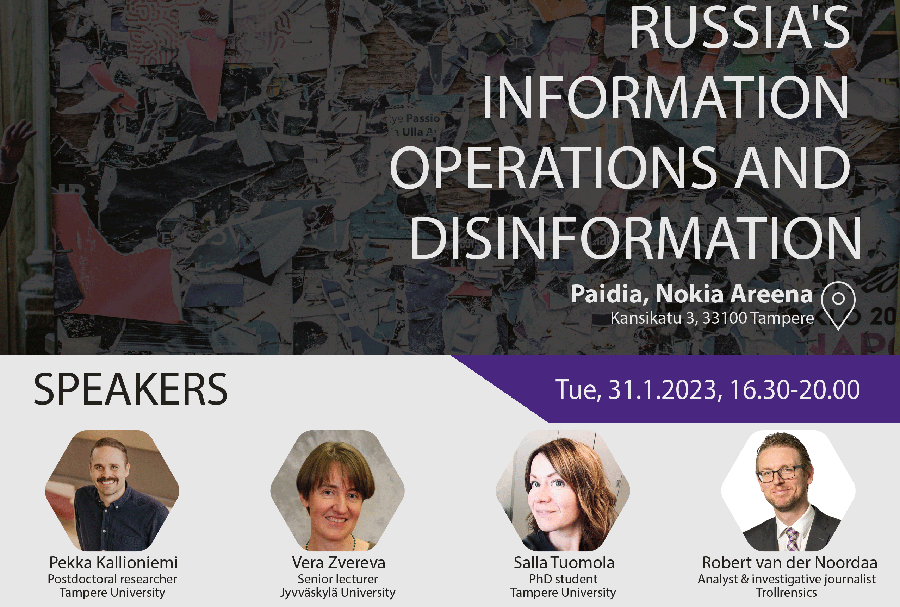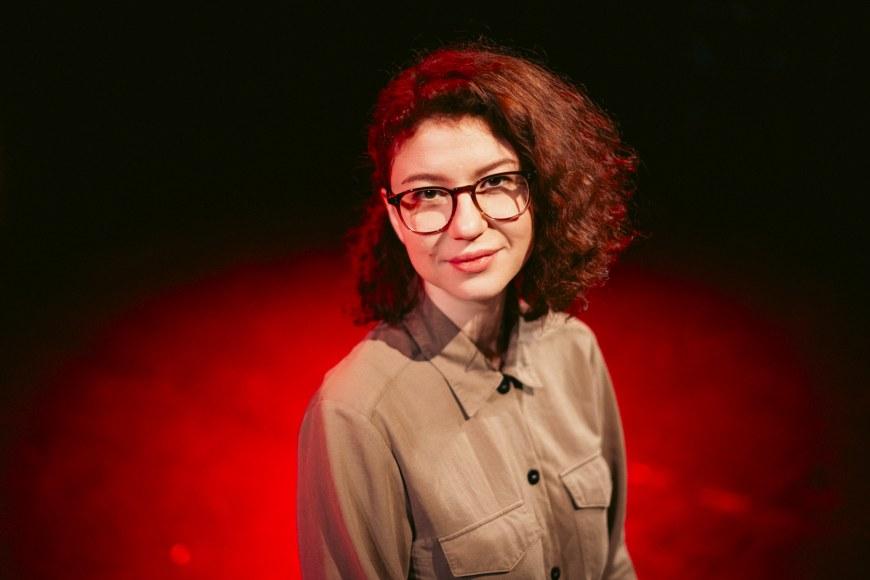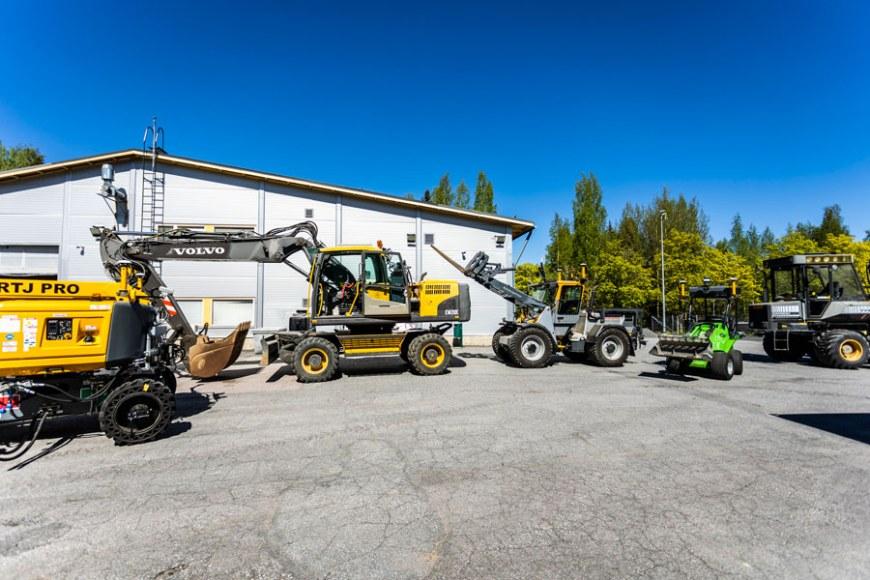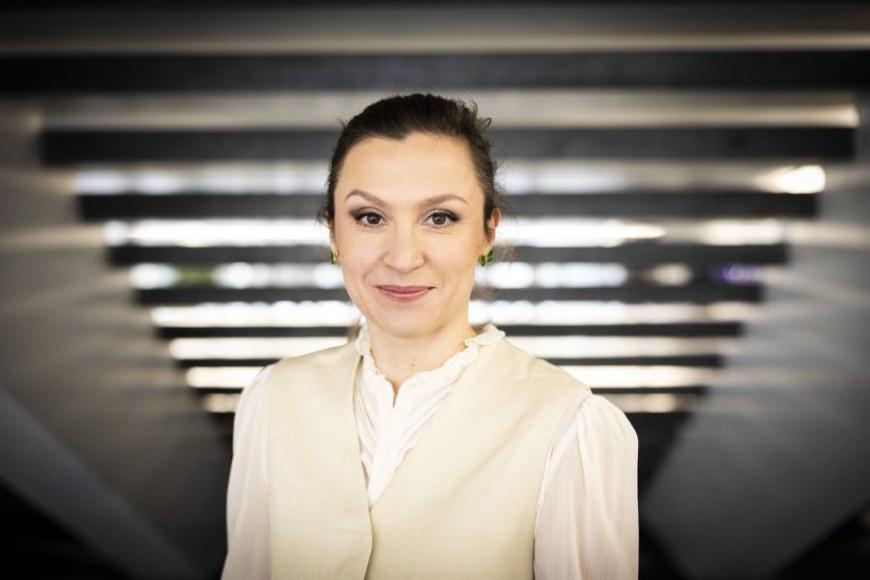Finland has been a long-term target of Russian influence to undermine democracy by polarising the population

Pekka Kallioniemi has researched interactive technology, virtual reality, and collaboration in virtual reality. More recently, his studies have focused on social media, algorithms and the spreading of misinformation and falsehoods on social media. Currently, he is particularly interested in Russian disinformation because the war has made the issue topical.
“My career as a researcher is divided and I also give many lectures on interactive technology. I do not have a specific research project on disinformation right now. It is more of a passion and a hobby, but a pretty big hobby nonetheless,” Kallioniemi says.
Kallioniemi is a member of Rajapinta ry's Executive Committee.
Opinions are influenced much more than we think
The Russia’s Information Operations and Disinformation seminar will focus on disinformation and its influence from different perspectives. In addition to Kallioniemi, the speakers include Vera Zvereva from the University of Jyväskylä, Salla Tuomola from the University of Tampere and Robert van der Noordaa from Trollrensics. Zvereva has lectured on Russian disinformation and media influence for a long time, Tuomola studies disinformation in Finland and van der Noordaa is an experienced investigative journalist. He has also created a tool for identifying troll factories and opinion campaigns powered by bots on Twitter.
“In reality, opinions are influenced much more than we think. The campaigns are massive, and they are orchestrated from around the globe. The information we get from media is just the tip of the iceberg. At the seminar, we will be able to give a more realistic picture of the scale of the problem,” Kallioniemi points out.
Disinformation aims to polarise and thereby weaken society. The aim is to build distrust, especially in the institutions most trusted by the people.
“There can naturally be many reasons for disinformation, but one relevant reason is to create division and conflict within the population. When you get people fighting amongst themselves, they are a bit weaker, and they may not be able to focus on external issues such as, say, the Russian invasion, in the same way. Disinformation agents are constantly targeting people’s decision-making, political decision-makers, and businesspeople,” Kallioniemi explains.
“Trolling is most strongly directed at authorities, editors, and journalists, all these so-called official media. The aim is to shake people’s faith in decision-makers and to give credibility to false information. The aim is to undermine democracy and journalism,” Kallioniemi continues.
Influencing by disinformation continues, even though the tools and outcomes are very similar across countries
In a democratic country, where everyone has freedom of expression, disinformation is a challenging issue to tackle. The tools and outcomes of disinformation are very similar in different countries, but it is still difficult to learn the lessons. According to Kallioniemi, it is hard to do anything about the issue in a Western democracy.
“The wheels of law turn quite slowly, and we need a court decision and a precedent to do something about it. In a totalitarian state like Russia, it is easy to silence journalists and the opposition by putting them in prison. However, Finland is one of the freest democracies in the world and people have the right to say things in our country. In a way, our own freedom and democracy are being used against us. It is quite a brilliant plan, but quite disappointing for us,” Kallioniemi points out.

A more in-depth look at the topic at the seminar
The seminar is aimed at anyone interested in the phenomenon. Kallioniemi emphasises that Finland has been the target of a large-scale disinformation campaign for a long time, which is why it is important to have an open debate about it.
“The seminar will give a good overview of the topic and open it up on a deeper level than what is necessarily possible to find out from the media. We have four very different presentations on different aspects. We will explain what disinformation really is and which structures are working behind the scenes. When people hear about how organised and well-funded disinformation is, quite a few people may wonder whether it can be true,” Kalliomäki mentions.
The seminar will be organised at Paidia, Nokia Arena, on Tuesday 31 January 2023 at 16.30–20.00. The language of the event is English, and it is free of charge. The seminar will also be streamed online, but Kallioniemi hopes people will come to the event.
“It is always nicer to talk to people when you can see their faces. Now that the COVID-19 restrictions have been lifted, it would be nice to see people face-to-face. It is always more pleasant. I will serve everyone a cup of coffee,” Kallioniemi says.





